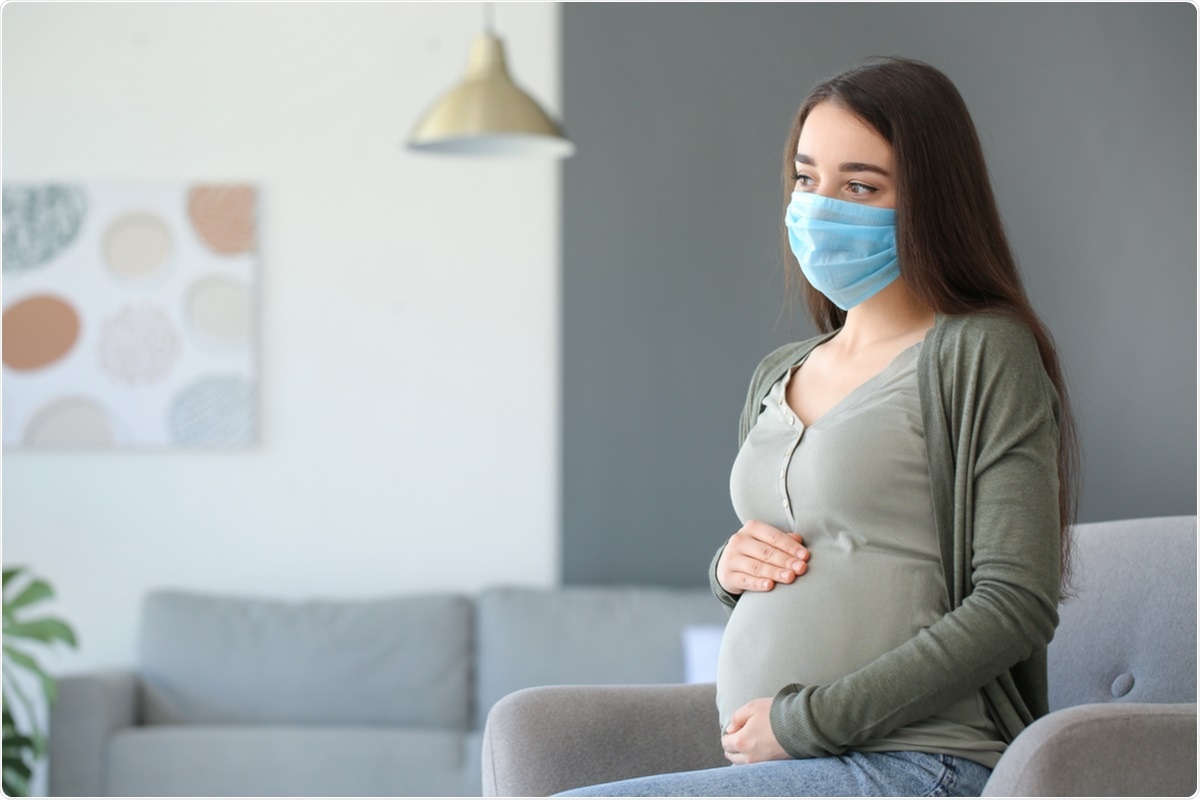The severe acute respiratory syndrome coronavirus 2 (SARS-CoV-2) was first reported in 2019 in Wuhan, China. The rapid spread of this virus worldwide led to the coronavirus disease 2019 (COVID-19) pandemic that has claimed more than 4.45 million lives worldwide. It is essential to understand the immune responses to SARS-CoV-2 to develop better therapeutics and vaccines.
 Study: Integrated immune networks in SARS-CoV-2 infected pregnant women reveal differential NK cell and unconventional T cell activation. Image Credit: Pixel-Shot/ Shutterstock
Study: Integrated immune networks in SARS-CoV-2 infected pregnant women reveal differential NK cell and unconventional T cell activation. Image Credit: Pixel-Shot/ Shutterstock

 *Important notice: medRxiv publishes preliminary scientific reports that are not peer-reviewed and, therefore, should not be regarded as conclusive, guide clinical practice/health-related behavior, or treated as established information.
*Important notice: medRxiv publishes preliminary scientific reports that are not peer-reviewed and, therefore, should not be regarded as conclusive, guide clinical practice/health-related behavior, or treated as established information.
Background
COVID-19 infection in pregnant and non-pregnant women
Several studies focus on the immune response associated with COVID-19 severity across all age groups. Some of these studies have highlighted hyperactivation of innate, adaptive immune responses and blood hypercytokinemia as characteristic outcomes of severe COVID-19 disease. However, few studies are available on immune responses to COVID-19 infection among pregnant women.
Scientists consider pregnant women as a vulnerable group for SARS-CoV-2 infection because they undergo various physiological and immunological changes during the gestation period. Available studies have mainly focused on the increased risks of severe SARS-CoV-2 infection in pregnant women requiring intensive care unit (ICU) admission, invasive ventilation, and extracorporeal membrane oxygenation (ECMO) compared to non-pregnant women. Further, these studies have also reported that pregnant women with SARS-CoV-2 infection have an increased risk of mortality, sepsis, shock, acute renal failure, and thromboembolic disease. Some pregnant women with COVID-19 disease were highly susceptible to preeclampsia and gestational hypertension, resulting in adverse pregnancy outcomes.
Not all pregnant women are severely infected with COVID-19. Many pregnant women contract mild or asymptomatic SARS-CoV-2 infection. Generally, during pregnancy, women undergo unique physiological and immunological changes to maintain a viable and healthy fetus, and it also protects the mother from infections. However, previous research conducted during influenza pandemics revealed pregnant women infected with influenza experienced gestational immune alterations that impaired anti-viral responses.
Immune response in pregnant women with COVID-19 infection
Many reports indicate pregnant women infected with COVID-19 generate SARS-CoV-2-specific antibodies. These studies also document the presence of SARS-CoV-2-specific IgG antibodies that are transferred to the cord blood. A systematic review of clinical laboratory evidence showed a significant difference in white blood cell count between pregnant and non-pregnant COVID-19 immune responses. Nevertheless, a comparison between healthy pregnant women and COVID-19 convalescent pregnant or post-partum women showed that those who have recovered from COVID-19 possessed a lower T follicular helper type 17 cells (TFH17), memory B cells, total and 'virus’-specific (CD56+ NKP46+) NK cells than healthy pregnant women. Cytokine profiles were also found to differ between these two groups
A new study
A new study published on the medRxiv* preprint server has focused on investigating SARS-CoV-2 immune responses in pregnant women. Scientists extensively studied the innate, adaptive, and humoral immune responses to COVID-19 infection in pregnant women. Researchers have also examined the placenta cellular compartments for differential immune cell activation in COVID-19 and pregnant women without a history of COVID-19 infection. The cord blood from convalescent COVID-19 pregnant women was also analyzed in this study.
In the present study, researchers recruited 101 women to study immune responses to SARS-CoV-2 infection, considering pregnant and non-pregnant women during acute and convalescent COVID-19 period, up to 258 days post-disease onset. They quantified 217 immunological parameters and established a comprehensive map of longitudinal immunological responses.
Main results
The study revealed serological responses such as activation of classical αβ CD4+ and CD8+ T cells, antibody-secreting cells (ASC), and T follicular helper cells (TFH). SARS-CoV-2-specific antibodies were similar across all the study groups, i.e., in pregnant and non-pregnant women with COVID-19. The humoral immune responses to SARS-CoV-2 in pregnant women revealed the production and persistence of RBD-specific IgG, IgA, and IgM antibodies and rapid induction of ASC and TFH cells. These antibodies possess SARS-CoV-2 neutralization property. The study has also shown the presence of RBD- and N-specific IgG antibodies in the cord blood of convalescent mothers.
As expected, there was a difference in cytokine profiles, where an increased level of IL-1β, IFN-γ, IL-8, IL-18, and IL-33 was found in healthy state pregnant women. The cytokine levels remained elevated in pregnant women experiencing acute and convalescent COVID-19 infection.
This study revealed the absence of γδ T cell, mucosal-associated invariant T cell (MAIT), and natural killer (NK) cell activation in pregnant women during acute COVID-19. However, all these cells exhibited pre-activated phenotypes in healthy pregnant women when compared to non-pregnant age-matched women.
Conclusion
The authors state that this research provides the first comprehensive map of pregnant women's longitudinal immunological responses to SARS-CoV-2 infection. However, more research is required to understand if the pre-activated phenotype observed in MAIT cells of pregnant women is correlated with the increased cytokine concentration in the blood plasma. The immunological map has shown similarities in serological assays between the study groups and perturbations of NK cells and, unconventional T cell and inflammation levels in pregnant women infected with COVID-19. Researchers believe that this study would help understand and manage COVID-19 infection in pregnant women.

 *Important notice: medRxiv publishes preliminary scientific reports that are not peer-reviewed and, therefore, should not be regarded as conclusive, guide clinical practice/health-related behavior, or treated as established information.
*Important notice: medRxiv publishes preliminary scientific reports that are not peer-reviewed and, therefore, should not be regarded as conclusive, guide clinical practice/health-related behavior, or treated as established information.